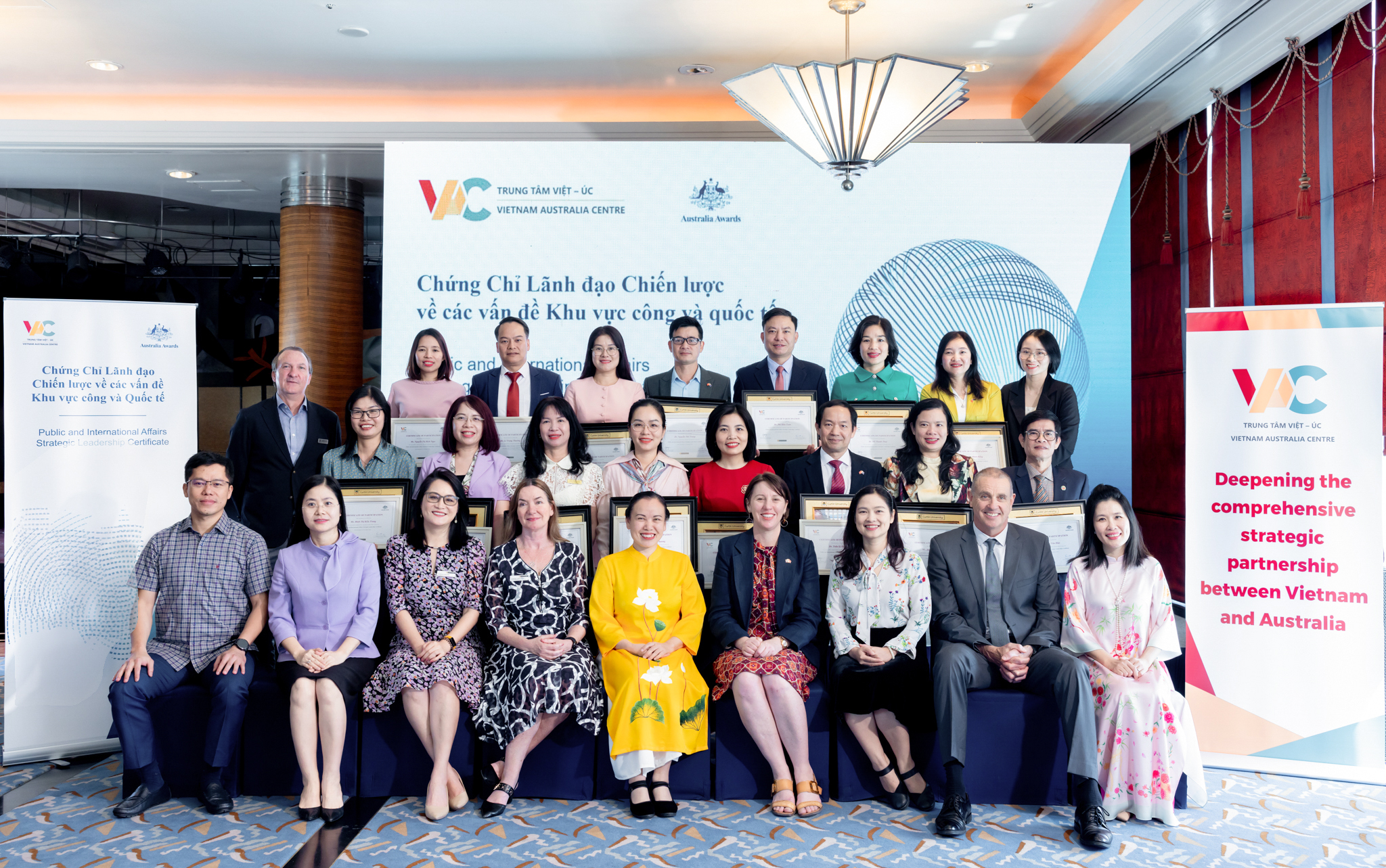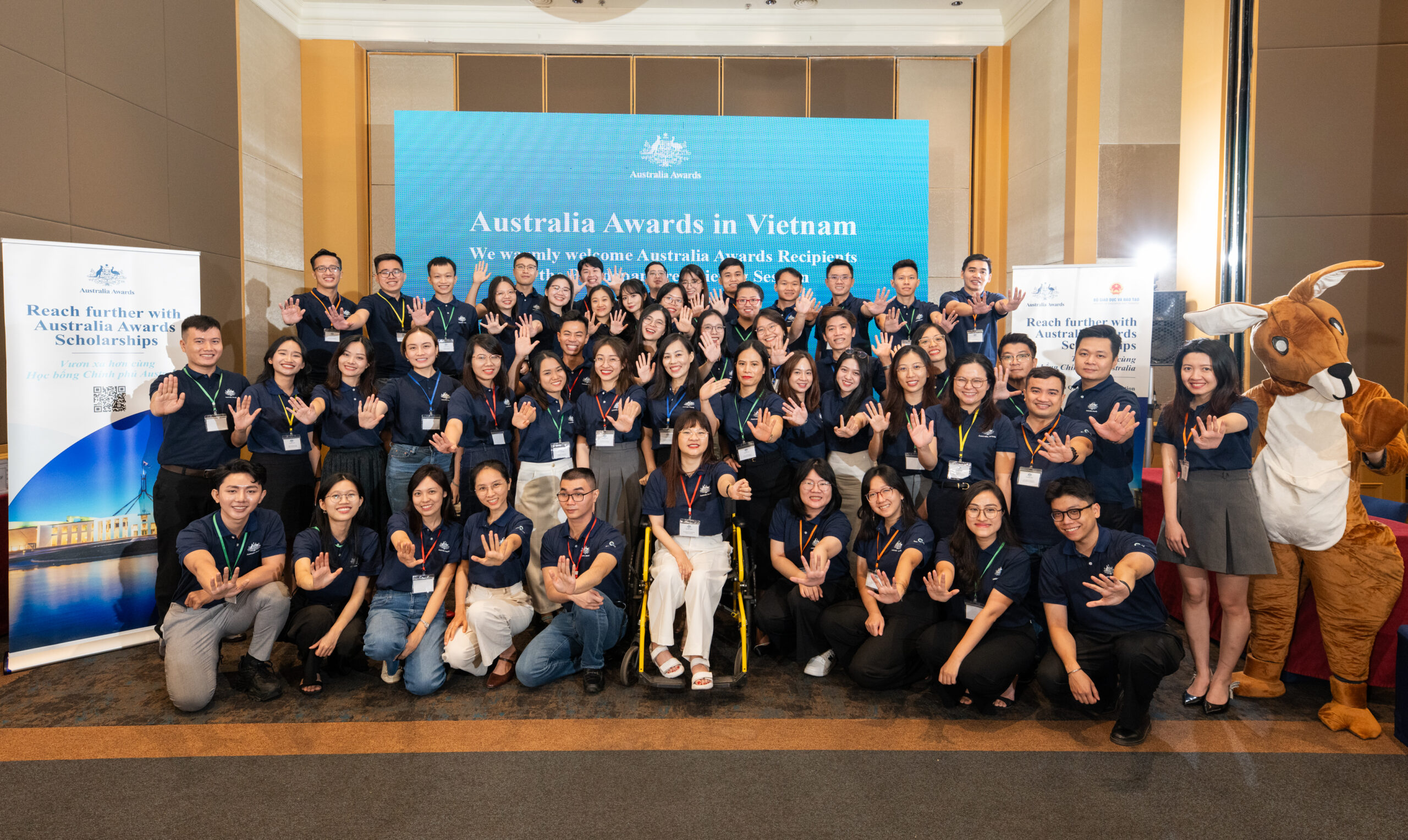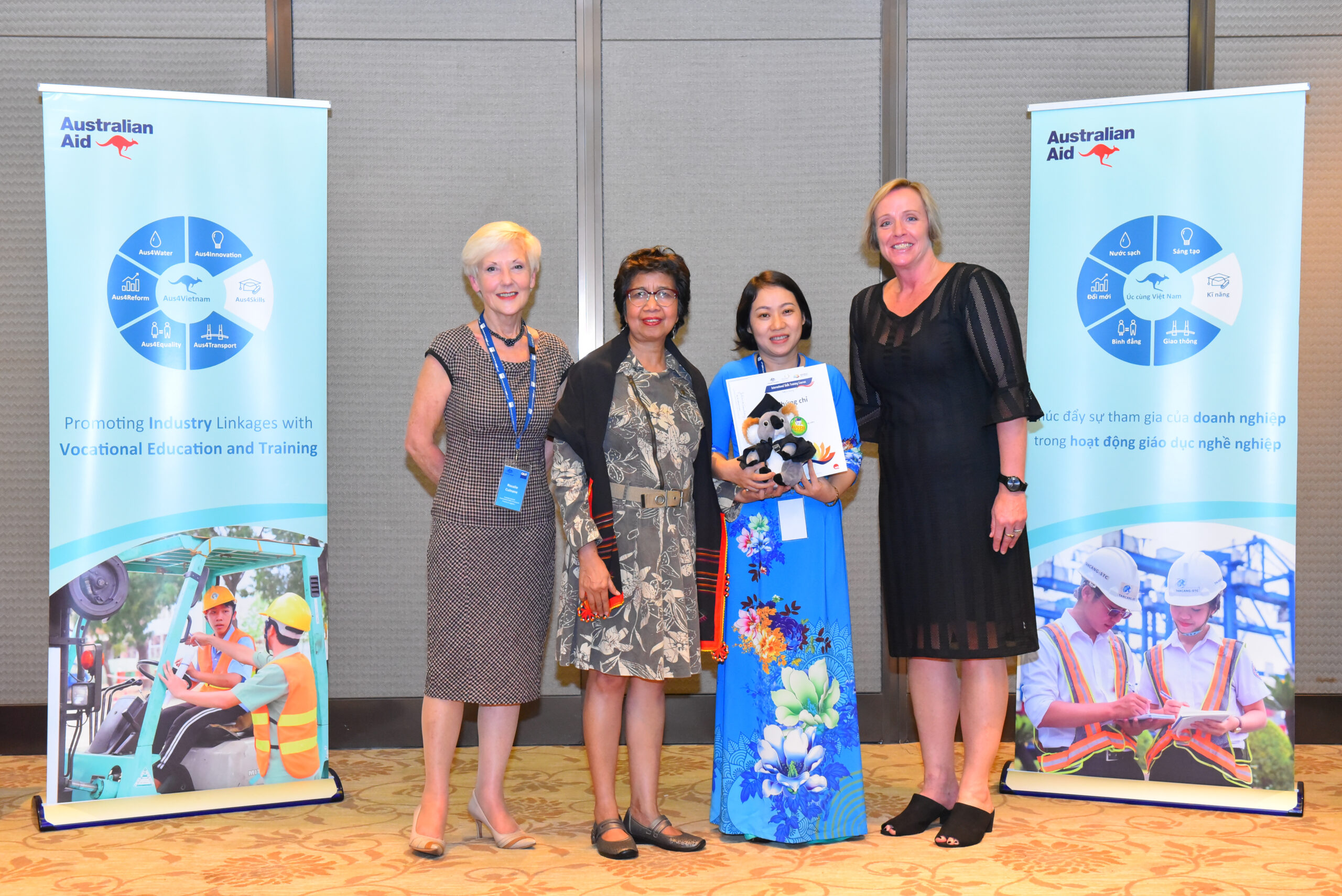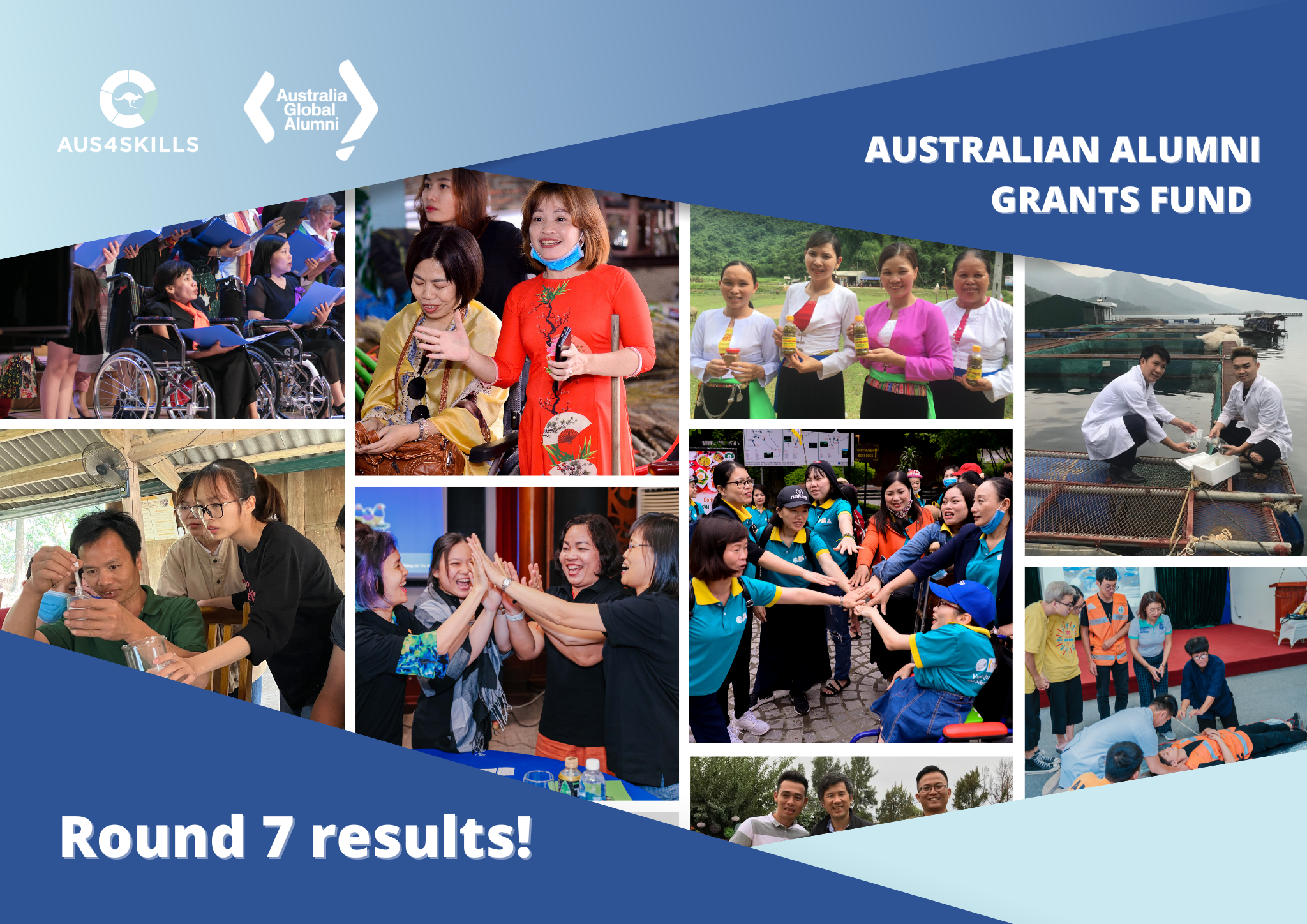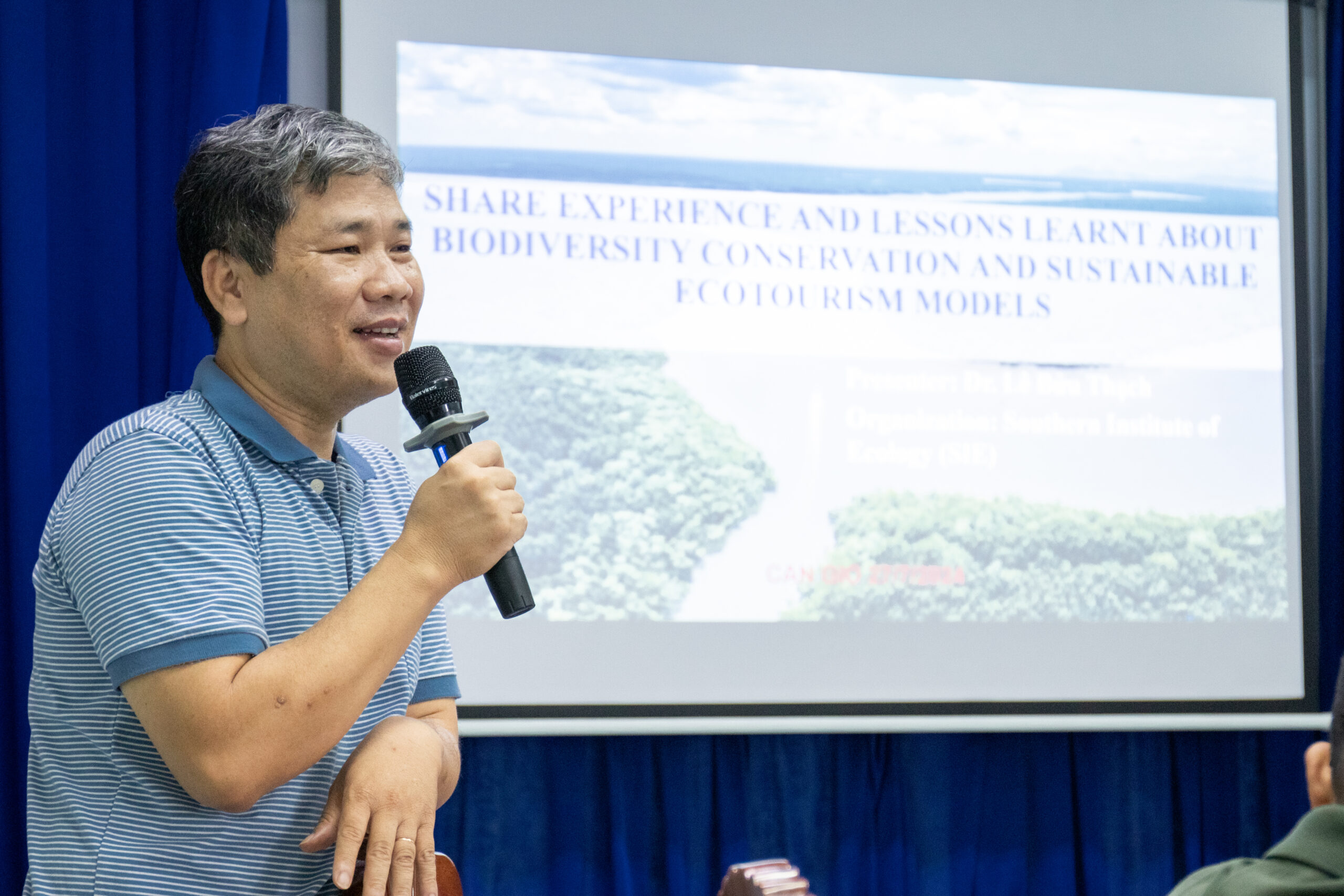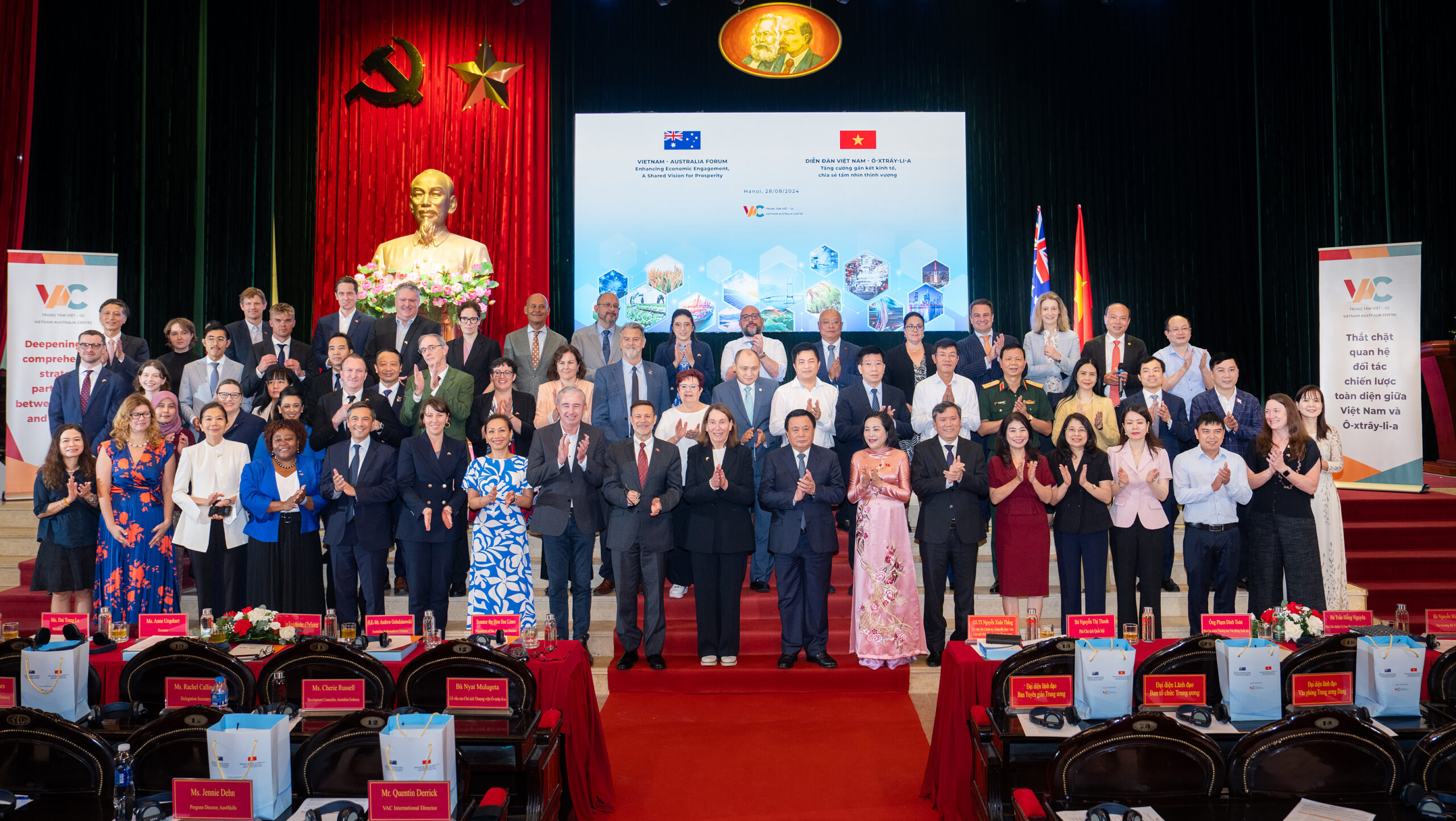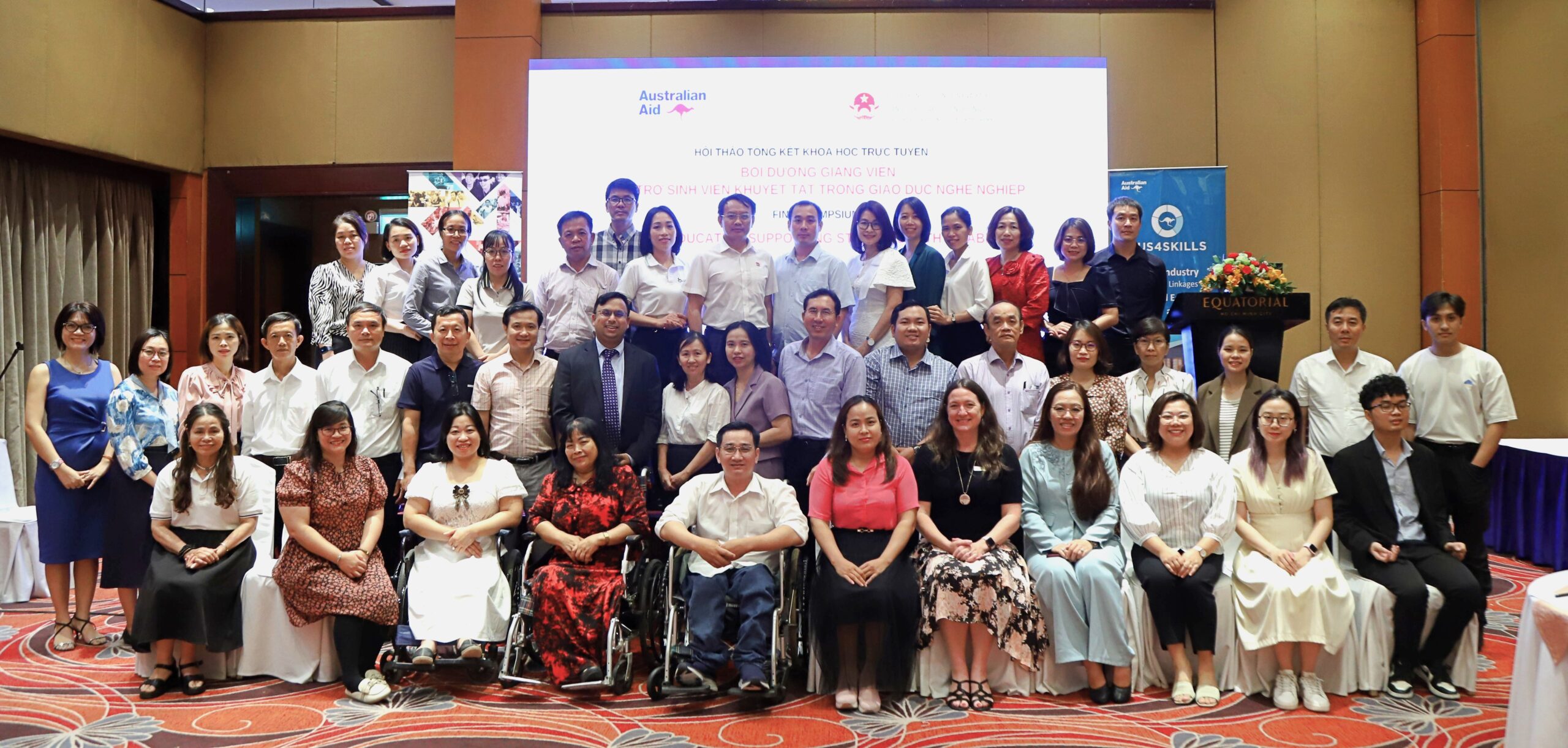
Students like Não Văn Thống (second from left) face many difficulties when studying.
Photo courtesy of Văn Thống
Nguyễn Văn Cử, Deputy Director of the Centre for Research and Capacity Development for People with Disabilities (HCM City) used to cry a lot because of discrimination.
As Cử recalled, when he was a child, his playtime in the park near his house normally ended in tears because of curious eyes aimed at his legs, as he suffers from polio.
When he grew up, Cử often faced questions like “Are you married yet? What is your wife like?”.
“For me, questions like these express discrimination because they assume that people with disabilities can only marry people like them and have unusual children,” Cử told Việt Nam News.
Once, when he took his children to a cafe, Cử was advised by the doorman to go to the sidewalk to drink “for a cheaper price”.
“It was a sincere thought from a kind person, but it also partly shows discrimination against people with disabilities”, Cử said.
Besides social prejudice, people with disabilities also suffer inequality within their own families.
Cử said many families with children with disabilities keep the disabled child at home to save money to spend on their other children’s education.
According to data of the Ministry of Labour, War Invalids and Social Affairs, Việt Nam has at least 256 vocational training institutions that can train people with disabilities, including 55 specialised vocational training facilities.
But the number of people with disabilities attending vocational school is rather small and they still face many difficulties during their training.
Não Văn Thống, a student who suffers from dwarfism, always feels very tired when he walks up the stairs to the class.
Thống said because of the special shape of his fingers, he could not type as fast as other students.
“I also have difficulties because I have to stand up to use a computer. I hope the school can provide me with a set of tables and chairs that fit my size”, said the first year student of Faculty of Information Technology, Secondary School of Economics and Technology Thủ Đức.
To enhance education and employment opportunities for people with disabilities, some vocational schools are partnering with Aus4Skills, a programme funded by the Australian government that supports human resource development in Viet Nam.
The programme includes short courses and informal learning opportunities to address knowledge and skills gaps and help Viet Nam realise its goal of becoming a prosperous, socially inclusive country.
Daren Leicht, an expert from Aus4Skills, said: “We want to help vocational schools to develop quality diversity and social inclusion strategy and action plan to encourage a diversity of student type”.
With support from the programme, these schools develop a strategy to ensure gender equality and diversity and social inclusion, to help people with disabilities access vocational education and employment opportunities.
Nguyễn Long An Di, Deputy Manager of Training Management Department, Secondary School of Economics and Technology Thủ Đức, said: “Schools should advise students with disabilities to choose a suitable field to study and help them acquire the skills to find suitable jobs after studying”.
Cử, who now works as a mentor of the programme, believes schools could help reduce difficulties for students with disabilities with many small adjustments.
“Schools could build the ramps for wheelchairs, enlarge the toilet doors so wheelchairs could get in; adjust time and testing methods to suit students with difficulties writing movement; allow students with eye problem to use reading software…”, he said.
Trần Quốc Hải, Deputy Principal of Secondary School of Economics and Technology Nguyễn Hữu Cảnh (HCM City) told Việt Nam News: “Our school has implemented many supportive measures such as setting up scholarship funds from the school budget, and donations from students’ parents and donors for students with disabilities.”
“We have a support team to help students with mobility difficulties get to school and go home”, he said.
The school also arranges meetings between graduate disabled students and families who have children with disabilities to persuade them to send their kids to school, he said.
“For disabled students, we also need to change the way we asses them and how we can advise and support them to improve their results, complete their skills and be included”, Dương Quốc Việt, teacher of Secondary School of Economics and Technology Thủ Đức, said.
According to the National Survey on People with Disabilities by the General Statistics Office (Ministry of Planning and Investment) in collaboration with UNICEF published in 2019, people with disabilities above 2 years old accounted for more than 7 per cent of the population, equivalent to more than 6.2 million people. Nationwide nearly 5 million households have people with disabilities.
The Aus4Skills programme is aimed at establishing an industry-led approach to skills development in the vocational education training system in Viet Nam that is being piloted in the logistics sector.
Kiều Trinh – VNS.






